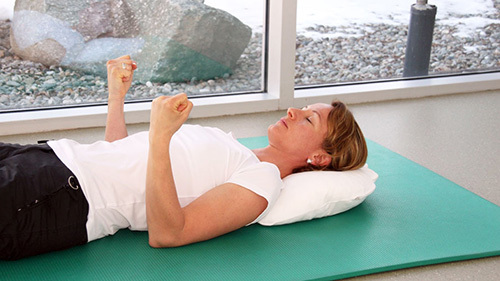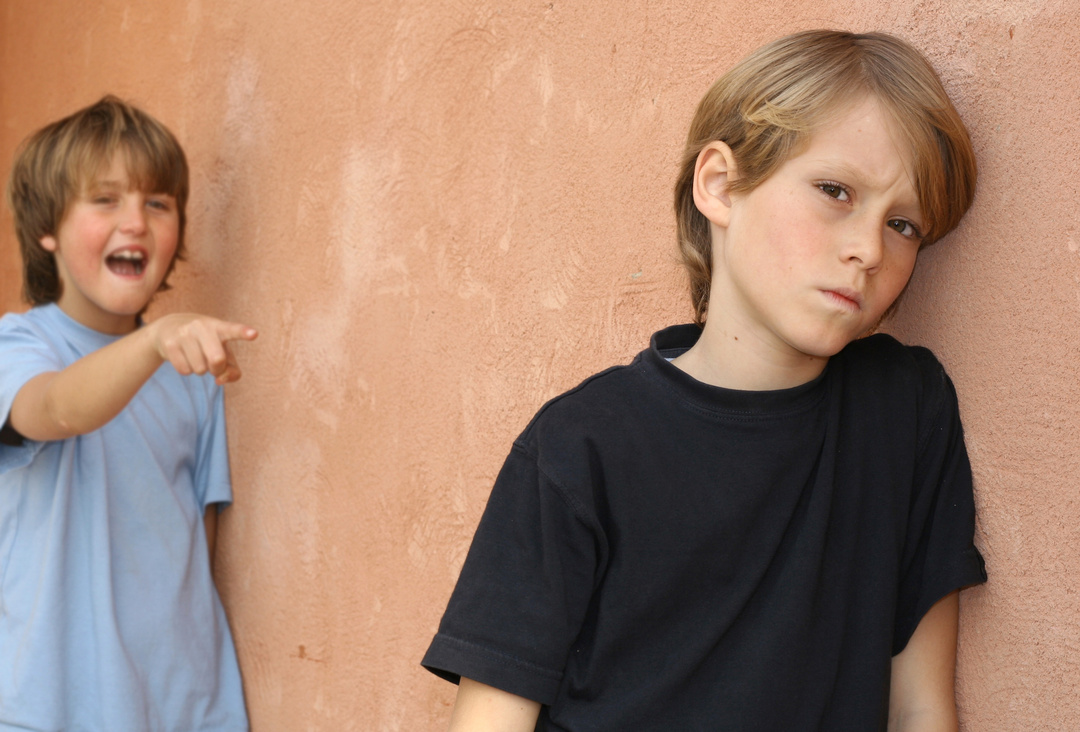Neuroses in adults: symptoms, diagnosis, treatment
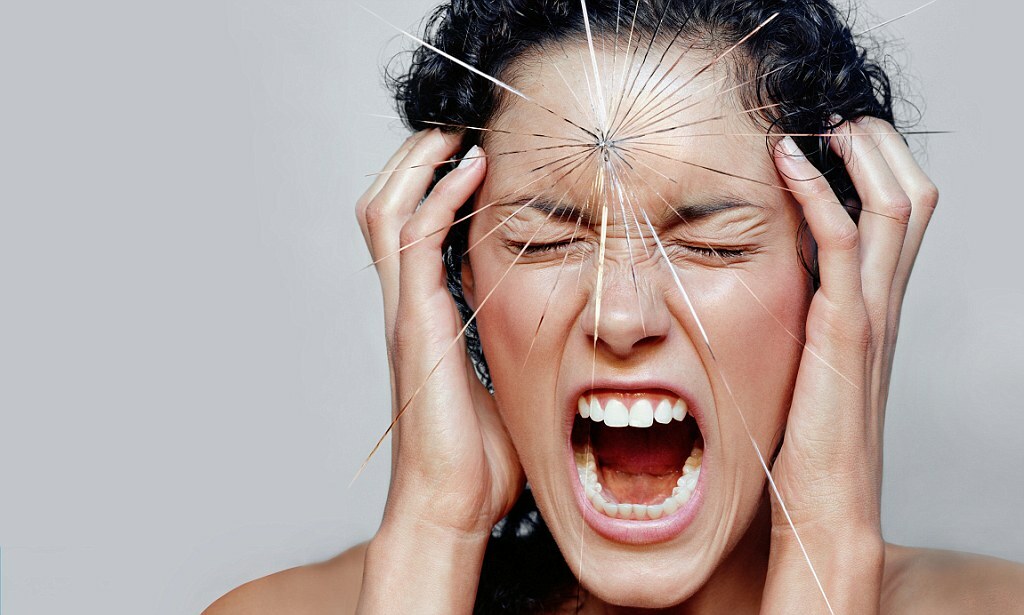
Neuroses are a collective name for reversible psychogenic disorders.Despite the fact that this group of pathologies of the nervous system has been studied for a long time, there is still no clear definition for them.
Neuroses in adults are characterized by a reversible and not very severe course, which distinguishes them, in particular, from psychoses.According to statistics, up to 20% of adults suffer from various neurotic disorders.The percentage can vary in different social groups.
Table of contents: Causes of neurosis development in adults What are the neuroses in adults?Symptoms of neuroses in adultsSigns of neurosis in adults are all kinds of asthenic or hysterical manifestations.In most cases, they are accompanied by a decrease in working capacity( both physical and mental).Patients with neurotic states fully retain a critical attitude and control over the situation, that is, they realize that their condition is not normal at the moment.
Causes of development of neuroses in adults
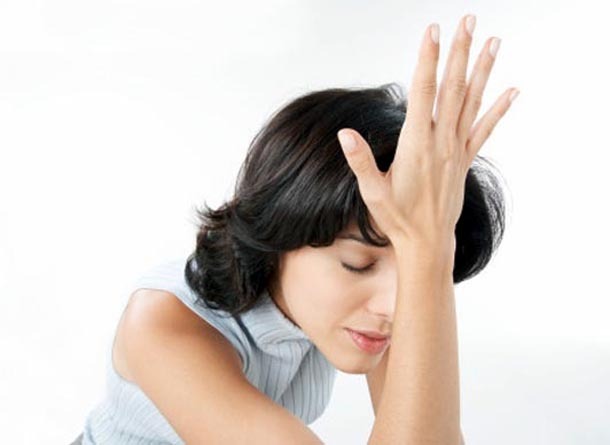
The most common cause of neurosis development is sufficiently long physical and / or mental stress on the body.Their intensity can be quite moderate, but there is practically no possibility for a person to rest.Such stress factors can be, for example, family problems, conflicts with colleagues or an irrationally structured work schedule.
Chronic stress tests the nervous system for strength and, sooner or later, leads to its overload and exhaustion.A fairly common cause of neuroses in adults are complex situations that do not allow you to bring a case to its logical conclusion.We can assume that in some cases the nature of neurotic states is the same as in depression.
Important: neuroses are more frequent in people whose nervous system is not able to function normally for a long time under conditions of increased stress.In particular, pathologies of this group are characteristic for the so-called."Workaholics," who are constantly busy with work, but do not know how to rest at all.For this category of patients, nervous breakdowns are almost inevitable.
What are the neuroses in adults?
According to one of the most common classifications, adult neuroses are divided into:
- phobias that occur under certain conditions;
- phobias not related to specific circumstances;
- obsessive-compulsive disorder( or movements);
- reactive neuroses;
- neurasthenia( psychosomatic disorders);
- hysterical neuroses( conversational disorders).
Fear can occur in situations that do not in fact represent a threat.However, a person with a phobia may be afraid to die or go insane.
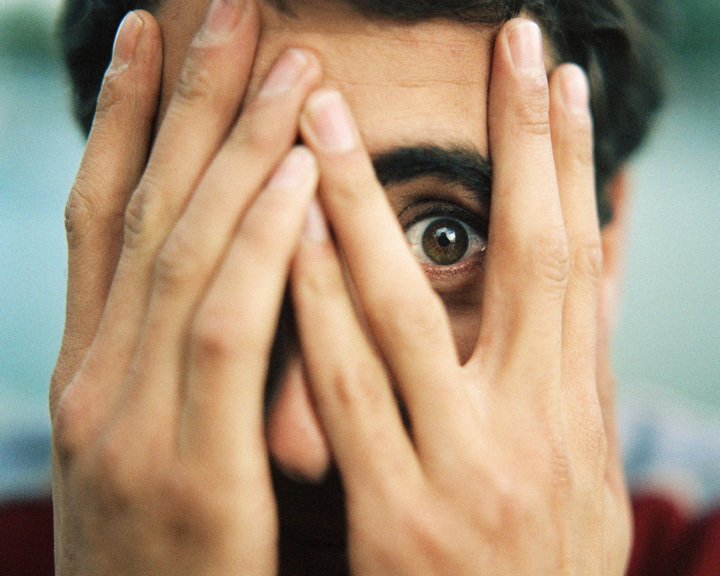
With neuroses, some people try to avoid traveling on certain types of transport or do not leave the house at all.To the same group of disorders are social phobias, in which a person may be afraid of increased attention from others or be afraid of "losing face".Some fears are caused only by strictly defined situations.The patient can panically fear the sight of blood, darkness, some animals.Phobias are often accompanied by somatic manifestations;Symptoms of such neuroses in adults are hyperhidrosis( excessive sweating), hyperemia( redness) of the skin of the face, urge to urinate and nausea.
Phobias are not always related to specific circumstances.In some cases, with neuroses in adults, there is an indefinite fear for loved ones or for oneself.Such phobias in most cases are less severe, but the patient develops a depressed state.
Obsessive-compulsive disorder is characterized by stereotyped and constantly recurring thoughts or motivations to do something.A common manifestation of neuroses of this kind is the obsessive need to turn off water or electrical appliances and check the locks once more, leaving the room.
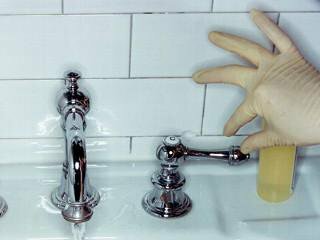 The neurosis of compulsive movements in adults often represents a kind of ritual in which a person, for example, circumvents obstacles only from a certain side.Individual movements and actions are irrational;They do not facilitate, but complicate life.A patient with such a neurotic state is well aware that certain stereotypical actions are devoid of any meaning and tries to get rid of the habit, but as a rule, attempts are unsuccessful and lead to the development of a depressed state.
The neurosis of compulsive movements in adults often represents a kind of ritual in which a person, for example, circumvents obstacles only from a certain side.Individual movements and actions are irrational;They do not facilitate, but complicate life.A patient with such a neurotic state is well aware that certain stereotypical actions are devoid of any meaning and tries to get rid of the habit, but as a rule, attempts are unsuccessful and lead to the development of a depressed state.
Important: , the neurosis of compulsive movements in adults is important to distinguish from motor anxiety, which is manifested by restlessness and twitching of the legs.The patient needs constant physical activity to muffle the feeling of anxiety somewhat.
Reactive neuroses arise as a response to severe stress or significant situational disturbances.The severity of manifestations of such neurosis depends on the lability of the patient's nervous system, as well as on the nature, strength and duration of the external factor.A person can be persecuted for a long time by obsessive memories of an unpleasant event.Some, on the contrary, have partial amnesia, due to the fact that the mind tries to "erase" from memory traumatic events.Patients often close in themselves, minimize contact even with very close people and almost do not show emotions.Situational disturbances are caused by problems with adaptation to certain new conditions after a change of place of work, loss of a loved one or vice versa - the birth of a child.This disorder is characterized by depression, an unmotivated sense of anxiety and marked dissatisfaction with oneself.In many cases, reactive neuroses in adults gradually disappear after a while by themselves.
 Hysterical neurosis is a conversion disorder of the psyche, in which there are violations of perception, memory or even self-identification.Violations from the nervous system may manifest as loss of hearing or vision, not related to diseases of the senses.Short-term loss of consciousness, convulsions and retrograde amnesia are not excluded.Some patients with hysterical neuroses have a hard-to-explain craving for vagrancy.
Hysterical neurosis is a conversion disorder of the psyche, in which there are violations of perception, memory or even self-identification.Violations from the nervous system may manifest as loss of hearing or vision, not related to diseases of the senses.Short-term loss of consciousness, convulsions and retrograde amnesia are not excluded.Some patients with hysterical neuroses have a hard-to-explain craving for vagrancy.
Psychosomatic disorders are understood to mean various pathologies due to overfatigue of the nervous system.In patients with neurasthenia, there may be abnormalities in the activity of the heart or organs of the gastrointestinal tract.Often there are skin itching, coughing, hiccough and frequent urge to urinate.One of the manifestations of neurasthenia is hypochondria, that is, panic fear of getting sick or unreasonable confidence that the disease has already developed.
Symptoms of neurosis in adults

Clinical manifestations of the nervous system
People with neuroses often notice:
- mood instability;
- feeling of insecurity and correctness of the actions;
- excessive emotional reaction to small stresses( aggression, despair, etc.);
- increased sensitivity and vulnerability;
- tear and irritability;
- suspiciousness and exaggerated self-criticism;
- frequent occurrence of unreasonable anxiety and fear;
- inconsistency of desires and changing the value system;
- excessive obsession with the problem;
- increased mental fatigue;
- decreased ability to memorize and concentrate attention;
- high degree of sensitivity to sound and light stimuli, reaction to minor temperature changes;
- sleep disorders.
Note: sleep disorders are very typical for a number of neurotic states.The sleep of a person becomes superficial and does not allow the nervous system to recover at night.In the afternoon, on the contrary, there is drowsiness and inhibition.
How is neuroticism manifested in adults physically?
Among the frequent vegetative disorders in neuroses are :
- disorders of cardiac activity( palpitation, tachycardia);
- digestive disorders;
- increased sweating;
- hyperemia or pallor of the skin of the face;
- dry mouth or hypersalivation( increased salivation);
- tremor of the extremities( trembling in the hands);
- increase or fall of blood pressure;
- dizziness and headaches;
- chest pain;
- was feverish;
- frequent urge to urinate;
- disorders from the vestibular apparatus;
- decreased sexual desire;
- impaired erectile function in men.
Important: , many physical manifestations are characteristic of short-term episodes of severe discomfort, which are called "panic attacks".Their regular repetition in a number of cases leads to the development of panic disorder.
Treatment of neuroses in adults
General principles of treatment
 The choice of treatment tactics directly depends on the nature of the disorder and the severity of clinical manifestations, as well as on factors such as the sex and age of the patient.Relatively mild disorders of the nervous system often result in spontaneous recovery, that is, the patient's condition returns to normal without any medical assistance.As a rule, this happens when the annoying factor disappears, or the way of life changes.
The choice of treatment tactics directly depends on the nature of the disorder and the severity of clinical manifestations, as well as on factors such as the sex and age of the patient.Relatively mild disorders of the nervous system often result in spontaneous recovery, that is, the patient's condition returns to normal without any medical assistance.As a rule, this happens when the annoying factor disappears, or the way of life changes.
How to treat neuroses in adults, if the nervous system can not cope with them on their own, an experienced psychologist( psychotherapist) can only determine after talking with the patient and collecting a detailed anamnesis.In such cases, an individual approach is very important, and therapy is complex.
The main method of treatment is psychotherapy.The results of treatment are more noticeable if the neurotic state is not masked for somatic diseases, and the changes in the psyche are not personality traits.
For the strengthening of the nervous system, application of physiotherapy methods and sanatorium treatment can be shown.It is important to normalize the regime of work and rest.A patient with a neurosis should avoid as much as possible both physical and psychoemotional overstrain.
How to cope with neurosis with the help of medications?
Patients with neuroses show restorative medications that help the body cope with physical and mental overload.These include, in particular, complexes that include vitamins A, B, C and PP.To reduce feelings of anxiety and normalization of sleep, sedative( sedatives) are recommended, preferably of natural origin( in particular, extracts of valerian and motherwort).Of synthetic drugs, Glycine is often prescribed.To strengthen the psyche is recommended taking antidepressants, for example - Amitriptyline.With neuroses that develop against the background of overwork, it is advisable to take medications that improve metabolism and blood supply in the brain.One of the most effective tranquilizers in neuroses is Afobazol.
Note: psychotropic medication for adult neurosis can be prescribed only with severe disorders!
The use of drugs from groups of anticholinergics, cholinomimetics, adrenomimetics and gangliablocators is justified for regulating vegetative functions in the presence of indications.
Important: any medication must be prescribed by your doctor;Self-medication can lead to a worsening of the condition.
Prophylaxis of neuroses in adults
Like most diseases, neuroses are easier to prevent than cure.Prophylaxis of these nervous disorders means minimizing occupational hazards and creating the most comfortable living conditions.Elimination of the psychotraumatic factor is one of the most important conditions.In many cases, at the first manifestations of characteristic symptoms, the patient has enough rest.A good effect is achieved by a temporary change in the situation.
More detailed information on the manifestations of neuroses in adults, the methods of diagnosis and treatment of neuroses you will get by viewing this video review:
Konev Alexander, the therapist
